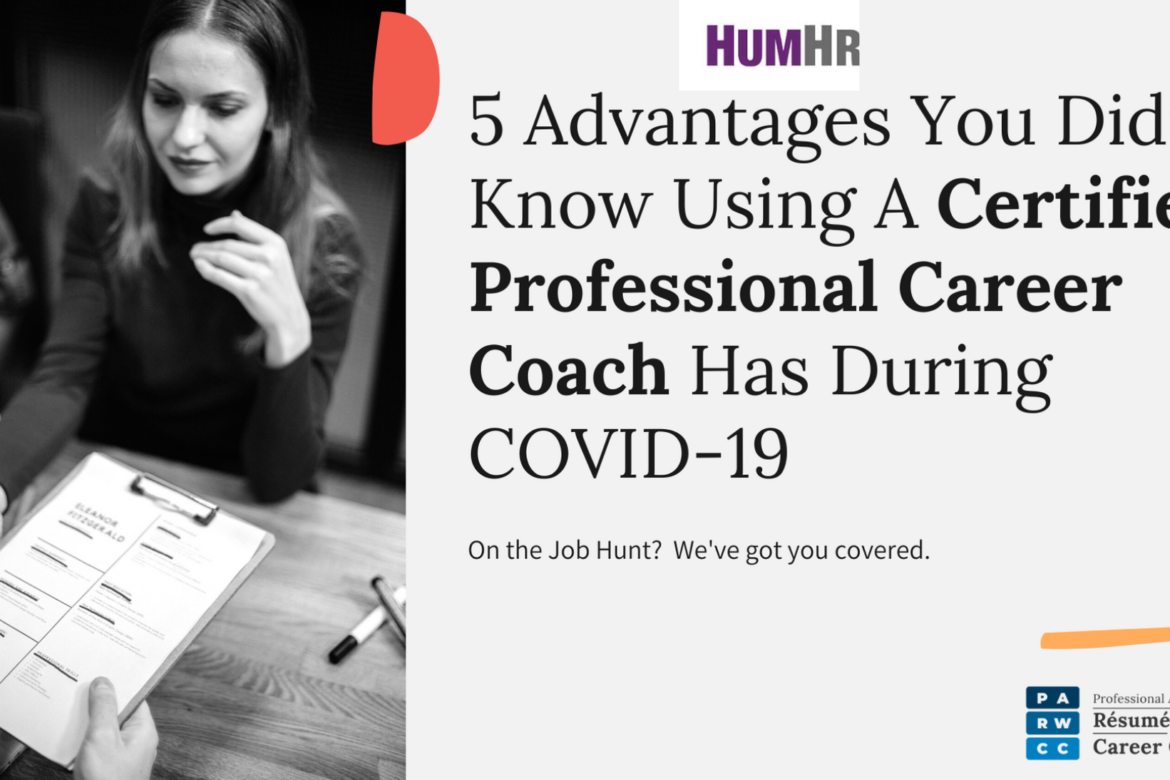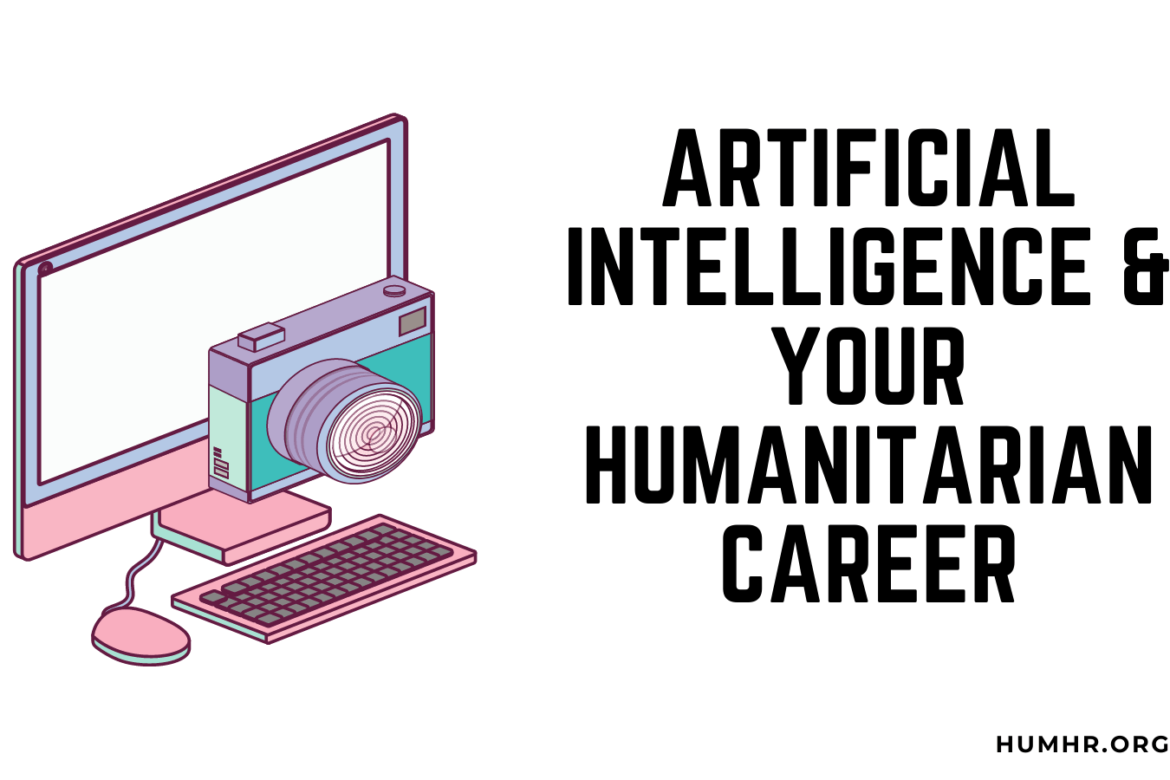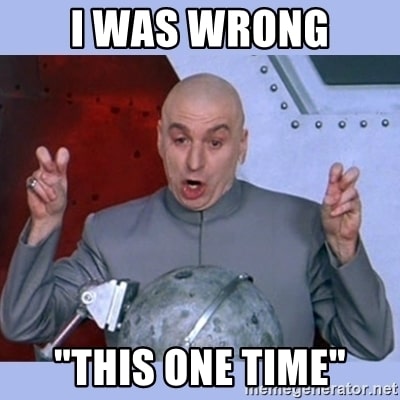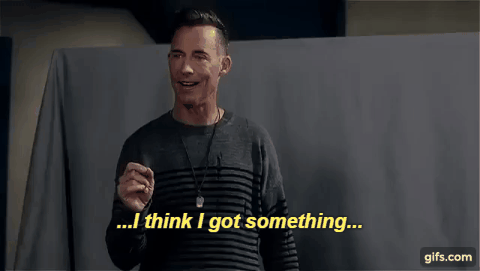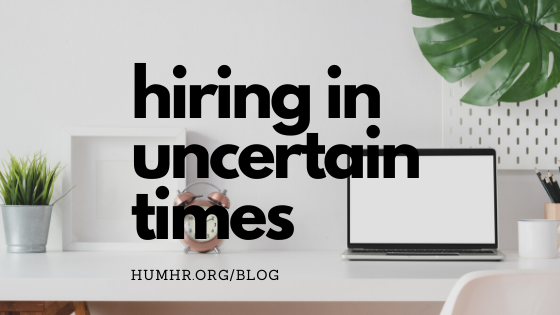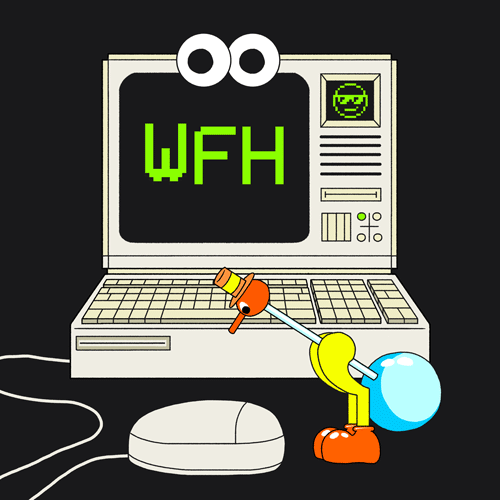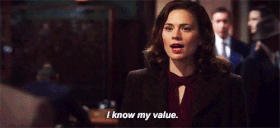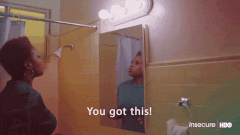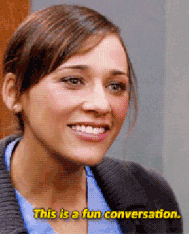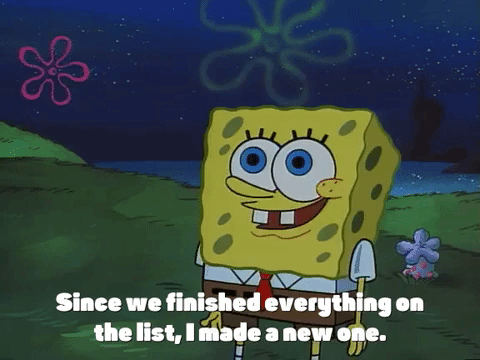One of the unfortunate consequences of the Covid-19 pandemic has been the unprecedented loss of jobs worldwide. The UN labour agency predicted that covid19 could cause the equivalent of 195 Million job losses worldwide. In addition 38.6 Million Have Filed for Unemployment Since March in the United States of America
If you are one of the people who have lost their job due to the pandemic, you know the stress and challenges that come with navigating a job search during a pandemic.
Who is hiring? How do I break through the sea of applicants?
As a Certified Professional Career Coach (a.k.a. CPCC), I hear these concerns first hand from folks who have not been on the job market in a long time, or never had to conduct their job search, now in a position to take control of their next move.
Maybe you’ve been a pro at advancing your career but never had to face the obstacles that 2020 has handed you.
Now more than ever, having a professional help you manage your career campaign will provide the confidence, tools, and excitement as you start your search for organisations who are hiring for your next dream job!
“By collaborating with a Certified Professional Career Coach (CPCC), you will pinpoint the direction and create career management solutions to land employment quicker and more smoothly than going it alone,” says Diane Hudson, Director, CPCC program.
#1 Gain a Competitive Advantage (ahead of potentially hundreds or thousands of other applicants)
How do you stand out in a sea of applicants? It’s tough these days. So many talented people are entering the job market, looking for many of the same positions and companies who are hiring.
As a Certified Professional Career Coach, I know what hiring managers are looking for and how they process applicants through their ATS or applicant tracking system. We will work to give you that competitive edge through personalized materials and a one-of-a-kind approach.
When you work with a career coach, we will write and design your resumes together so you can shine above the rest! How do we do that? First, we will create custom tools like these that will highlight your strengths:
- Multiple resume versions for each job opportunity
- Unique cover letters that resonate with their reader
- Optimized LinkedIn profile to differentiate you from the competition
Your job search resumes will read smarter, look sharper, and provide value and show ROI to an employer or recruiter.
You will also learn to interview smoothly and confidently and be prepared to put your best foot forward when onboarding. Having gained a renewed confidence level, you will learn to stretch your comfort level (maybe network more effectively) and reach for new horizons by forming a circle of accountable partners.

#2 Answer That Age-Old Question, “Why should they pick me for the job?”
I am often asked questions from job seekers searching for ways to differentiate themselves:
- “Do I have any value to provide an employer?”
- “How can I present that value on my resume?”
- “How does the employer understand the value I offer?”
As a Certified Professional Career Coach, I will help you determine and articulate the value YOU offer an employer. By asking targeted questions, I will coach you to identify the strengths you bring to the role, focused by your target position, industry, and job function. Together we will be able to determine the ROI you will provide a new employer, and answer these important questions.
Together we will be able to determine the ROI you will provide a new employer, and answer these important questions:
- What can you contribute to the ultimate goal of accountability to beneficiaries and donors.
- Contribute to measurement and evidence of program impact.
- How well can you fix something that is broken? How can you bring about innovation.
- How well can you lead a new program or project that creates efficiencies and effectiveness?
These questions will determine your value and ROI. We will incorporate these value statements into all your career campaign materials so it’s clear why you are the most qualified and talented candidate.
Remember: A jack-of-all-trades resume is not beneficial to an employer or recruiter. It does not provide any unique value to answer why YOU are the perfect candidate.
#3 Get Personalized Tools to Make Your Job Search Easier!

Are you leveraging the wide variety of career management tools to make your job search easier?
A Certified Professional Career Coach will support you in developing resumes (yes, I said resumes – plural – resumes are no longer one-size-fits-all) and other written career management tools.
A robust career management campaign includes all these tools and more:
- Social Media Profiles
- A strong resume that provides value to each potential employer and passes an automated applicant tracking system (ATS)
- Interview question preparation (asking & answering!)
- Succession planning and assessments
- Salary negotiations
- Dressing appropriately for the job interview
- Onboarding
- Skills development (leadership, public speaking, language skills)
Are you using any of these, or some already? We will work together to craft the perfect combination of these tools, so once you find that ideal job, you’ll be set up for success to land it!
Years ago, career professionals moved far beyond just writing résumés, as important as that skill continues to be. You deserve more than a commanding document. You deserve access to all the tools required to win the career you’ve always deserved. You need an expert on your team.
#4 A Professional Certified Career Coach Will Help Set Career Goals and Cheer You On!
It’s not uncommon for job seekers to struggle with frustration or even lowness (e.g., if they receive a “rejection” letter) in the job search process. During this pandemic, a job search can amplify the uncertainty.
That is why Certified Professional Career Coaches serve as Chief Motivational Officers. A CPCC’s main job is to help you develop new perspectives to set and reach goals. Identifying and adjusting goals is a critical component of career management and action planning, and my training and education as a CPCC will show you how to navigate these seemingly impossible tasks.

A coach is there to hold your hand and guide you despite potential setbacks like job search fatigue, unemployment rates rising, and other pandemic induced challenges.
We will cheer with you when you enjoy successes and talk you through the challenges. We relish the joy of knowing you attained an interview, received a job offer, or negotiated a higher salary!
#5 It’s Our Job to Get You A JOB
Just like you go to the doctor when you are sick or the auto mechanic when your car breaks down, consider working with a career coach to diagnose and put a treatment plan together for your career health!
You need someone on your side to connect the value you offer with what companies need. That’s what career professionals do. Professionalism and certification go hand in hand. Do more than ask which certifications someone holds. Find out how competitive those credentials are, which skills they validated.
As a Certified Professional Career Coach, we will have completed the comprehensive Certified Professional Career Coach program, a certification of the Professional Association of Resume Writers and Career Coaches (PARW/CC).
PARW/CC is the longest standing professional resume writing and career coaching association in the industry with more than 2,000 members and offering four career management credentials.
CPCC’s have the backing, support, and resources of the membership of PARW/CC and other CPCC’s via LinkedIn Groups and other Professional Forums.
So when you work with us, that means you will too!
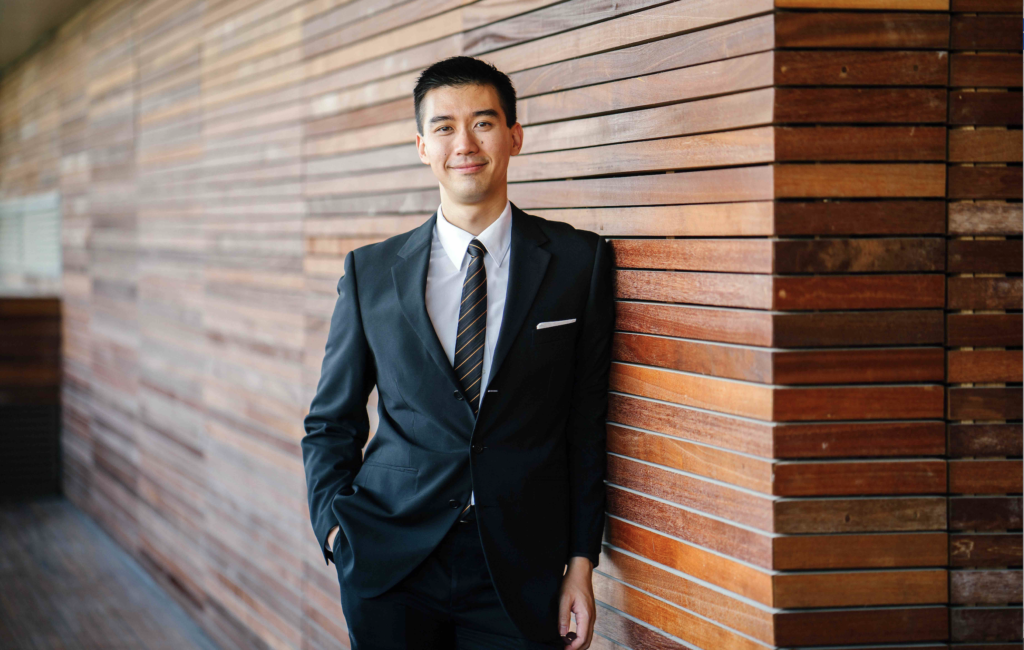
Whether you’re new to the job hunt, or a job seeker that just hasn’t found the right fit yet, a Certified Professional Career Coach could be just the thing you need to get you to the next level.
Don’t let COVID-19 get you down. There are still opportunities out there that we will find for you together.
If you want to learn more about how to engage my services, make sure to e-mail me at batje@humhr.org.
Working together, we can move forward to better things for years to come.

